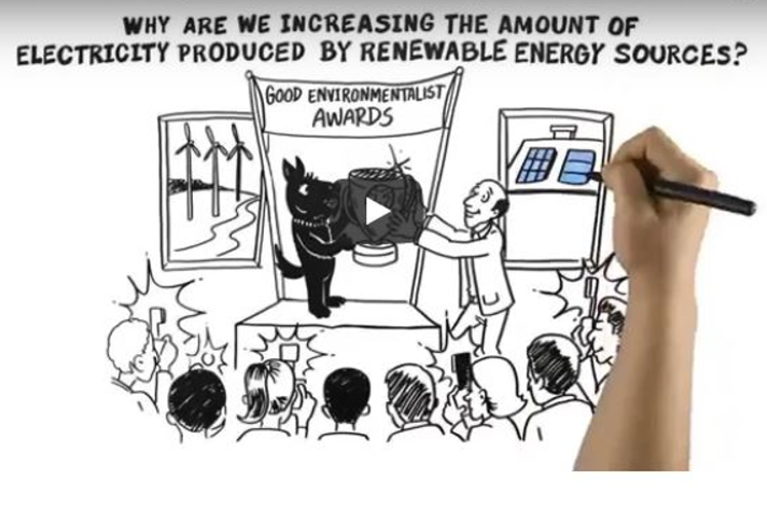Are investments in energy transition, especially for public dollars in the form of incentives or subsidies, worth it? Do investments in energy efficiency truly pay off, or does efficiency just make energy cheaper because we’re using less of it, encouraging customers to use more of it—a phenomenon known as the rebound effect, the backfire hypothesis, and the Jevons Paradox? Is public support for rooftop solar systems worth it, once we add up all its costs and benefits, or would it be better to support utility-scale solar projects, or something else entirely, like efficiency? Do wind and solar farms, and electric vehicles, always deliver climate benefits, or does it depend on the power mix of the grid to which they’ll be connected? And even if we determine answers to these questions, for how long are those answers valid?
These are all difficult questions, but our guest in this episode has investigated all of them, and she shares her insights at length in this wonky but accessible discussion. If you worry that the rebound effect might mean efficiency isn’t worth it, you definitely need to listen to this one.
Guest:Dr. Inês M.L. Azevedo is Full Professor in the Department of Engineering and Public Policy at Carnegie Mellon University, where she is the PI and co-Director for the Climate and Energy Decision Making Center. Her research interests focus on how to transition to a sustainable, low carbon, affordable and equitable energy system, combining engineering and technology analysis with economic and decision science, and she has published extensively on those subjects.
On Twitter: @inesliaz
On the Web:
Recording date: December 12, 2018
Air date: January 9, 2019
Geek rating: 8






